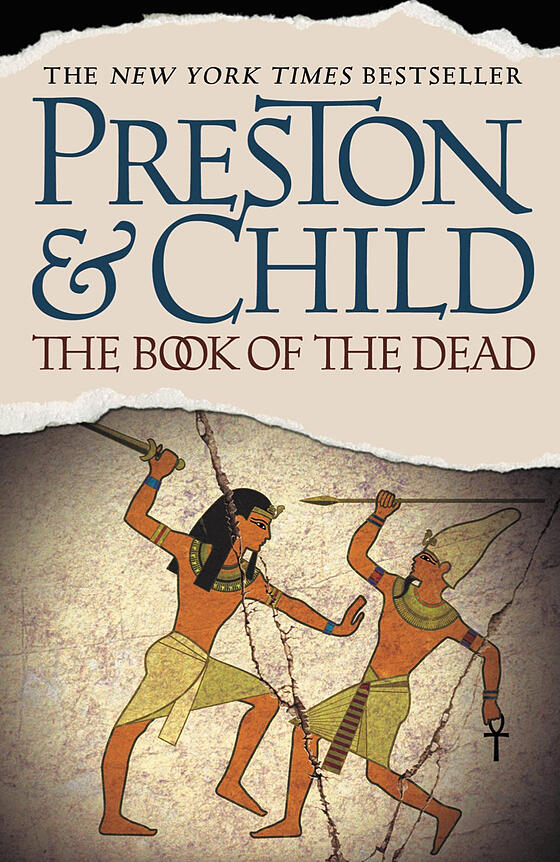
There he passed his philosophy of Cynicism to Crates, who taught it to Zeno of Citium, who fashioned it into the school of Stoicism, one of the most enduring schools of Greek philosophy. ĭiogenes was captured by pirates and sold into slavery, eventually settling in Corinth.

Diogenes was also noted for having mocked Alexander the Great, both in public and to his face when he visited Corinth in 336 BC. He criticized Plato, disputed his interpretation of Socrates, and sabotaged his lectures, sometimes distracting listeners by bringing food and eating during the discussions. He became notorious for his philosophical stunts, such as carrying a lamp during the day, claiming to be looking for a man (often rendered in English as “looking for an honest man”). He begged for a living and often slept in a large ceramic jar, or pithos, in the marketplace. Diogenes Searching for an Honest Man (1640–1647) by Giovanni Benedetto Castiglione held at the National Gallery of Artĭiogenes made a virtue of poverty. There are many tales about his dogging Antisthenes’ footsteps and becoming his “faithful hound”. He declared himself a cosmopolitan and a citizen of the world rather than claiming allegiance to just one place. He had a reputation for sleeping and eating wherever he chose in a highly non-traditional fashion, and took to toughening himself against nature. He used his simple lifestyle and behavior to criticize the social values and institutions of what he saw as a corrupt, confused society. He modelled himself on the example of Heracles, and believed that virtue was better revealed in action than in theory. After being exiled, he moved to Athens and criticized many cultural conventions of the city. His father minted coins for a living, and Diogenes was banished from Sinope when he took to debasement of currency. He was born in Sinope, an Ionian colony on the Black Sea coast of modern-day Turkey, in 412 or 404 BC and died at Corinth in 323 BC. He begged for a living and often slept in a large ceramic jar, or pithos, in the marketplace.ĭiogenes, also known as Diogenes the Cynic, was a Greek philosopher and one of the founders of Cynic philosophy.

Memento Mori.Diogenes (1882), by John William Waterhouse / Art Gallery of New South Wales, Wikimedia Commons An ancient Egyptian tomb about to be unveiled at a celebrity-studded New York gala, an enigmatic curse released. A young woman with an extraordinary past, on the edge of a violent breakdown. His psychotic brother, about to perpetrate a horrific crime. And the ultimate challenge: Stop me if you can.Ī talented FBI agent, rotting away in a high security prison for a murder he did not commit. The other, Diogenes, a brilliant and twisted criminal.

When FBI Special Agent Pendergast investigates the gruesome crime, he discovers that thirty years ago four men conjured something unspeakable.

There is a hoofprint scorched into the floor, and the stench of sulfur chokes the air. BRIMSTONE:Ī body is found in the attic of a fabulous Long Island estate. Now, available for the first time together in a single volume: a digital-only, value-priced omnibus edition of the "Diogenes Trilogy": Brimstone, Dance of Death, and The Book of the Dead-featuring Pendergast's mysterious brother-by #1 New York Times bestselling authors Preston & Child.


 0 kommentar(er)
0 kommentar(er)
